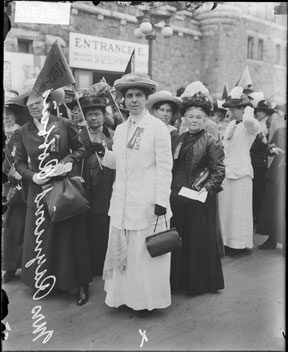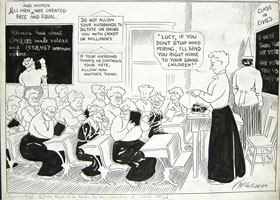
A Newberry Library and Chicago Historical Society Exhibit: October 1, 2004, to January 15, 2005

| This exhibit has been organized by the Newberry Library's Dr. William M. Scholl Center for Family and Community History and the Chicago Historical Society. It has been made possible with major funding provided in part by The Institute of Museum and Library Services, a federal agency that fosters innovation, leadership and a lifetime of learning. Generous support also provided by The Chicago Reader and Dr. and Mrs. Tapas K. Das Gupta. |
|





